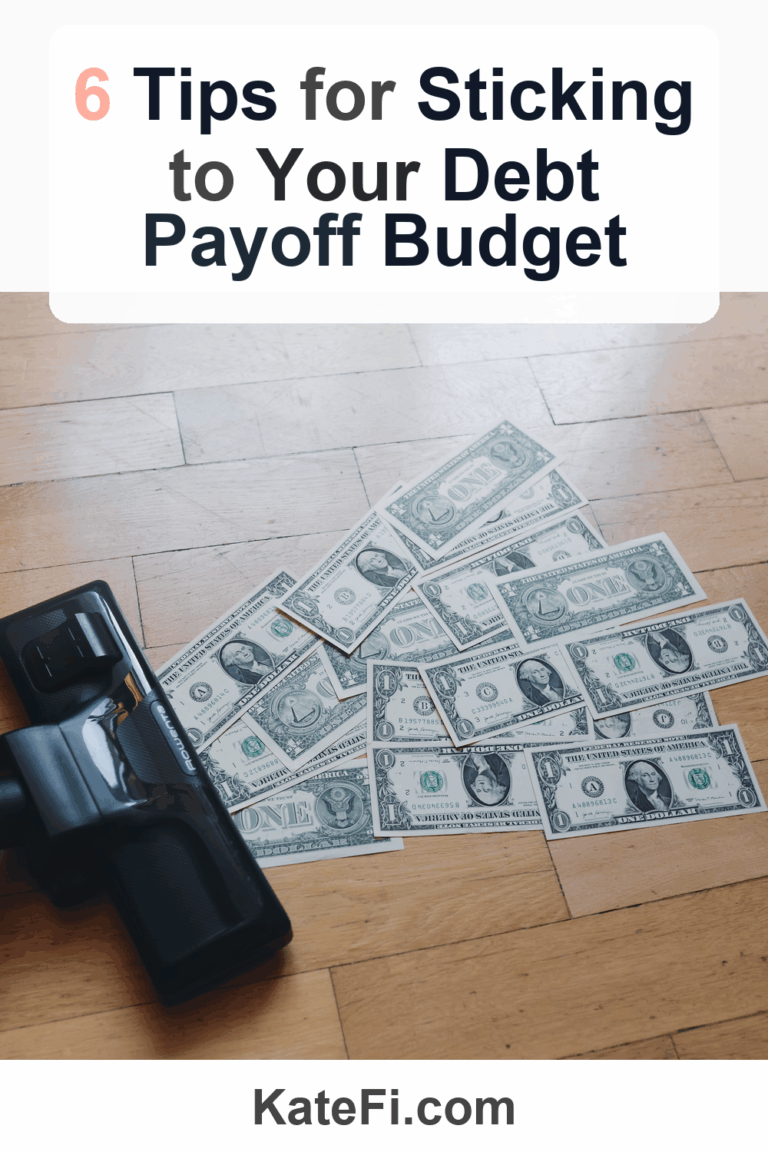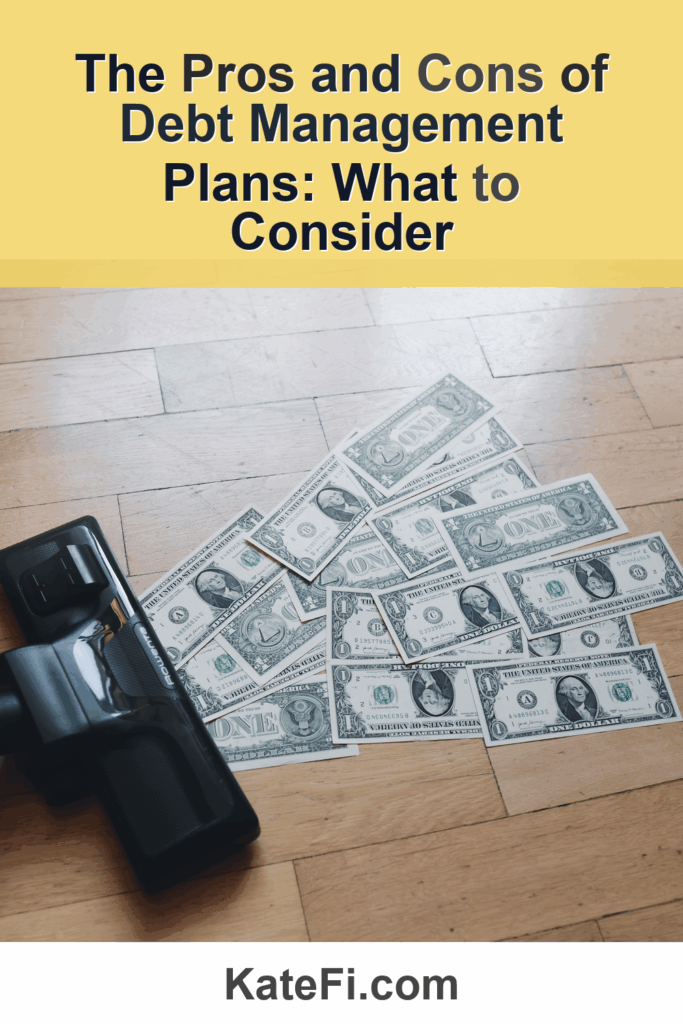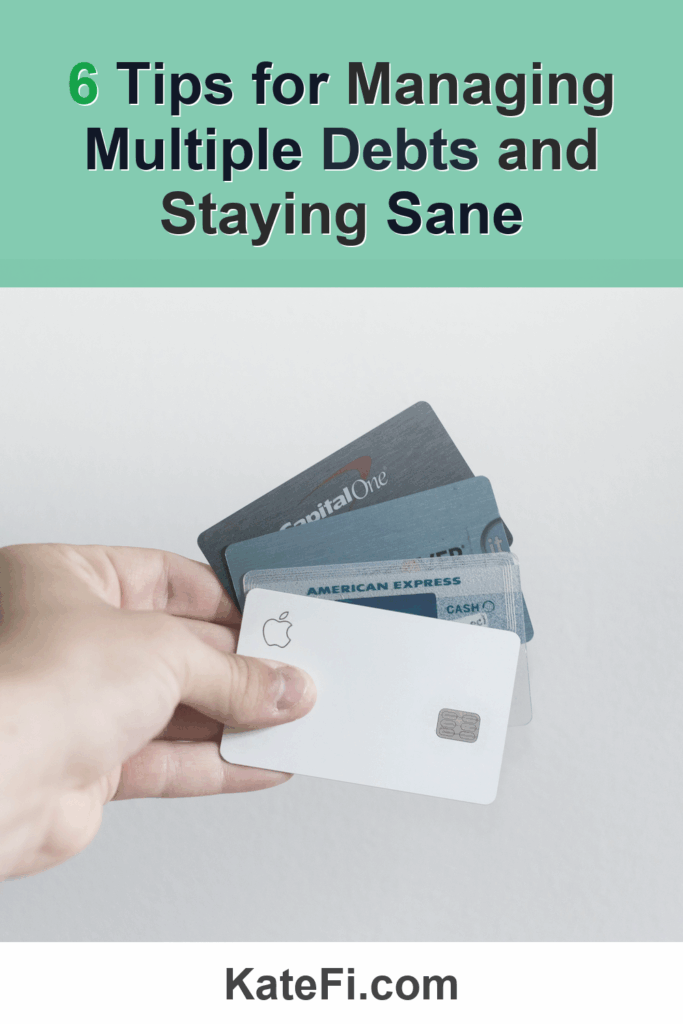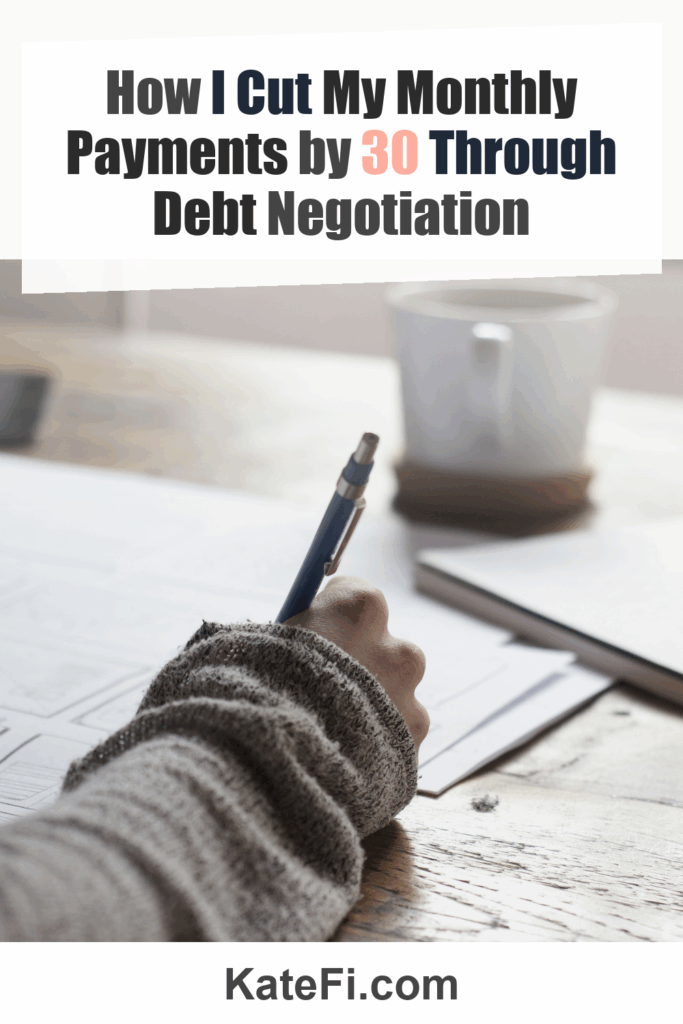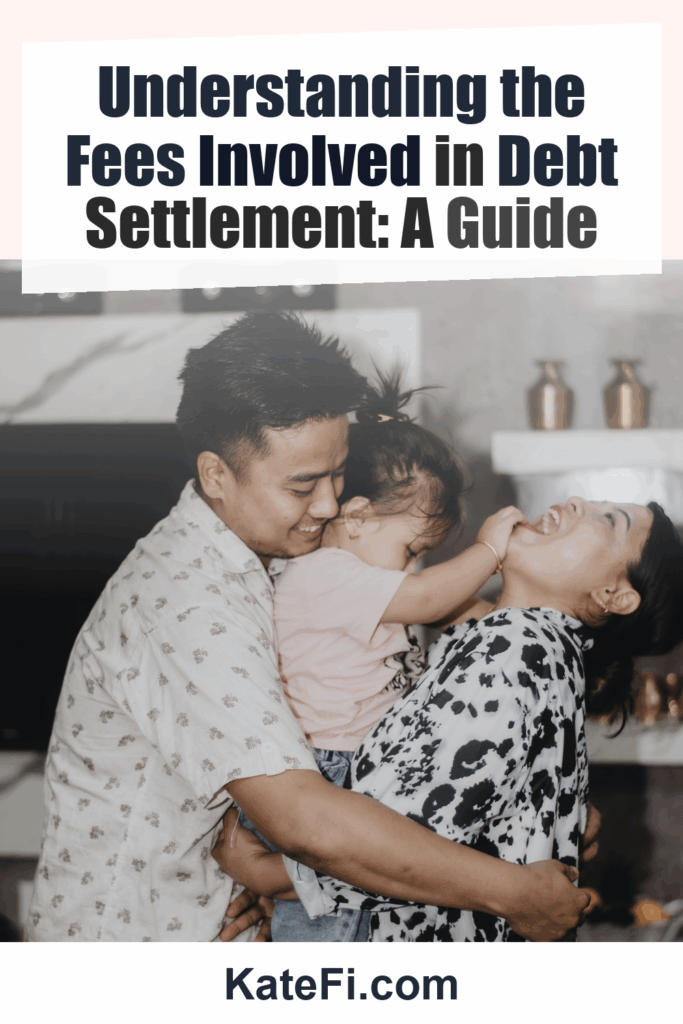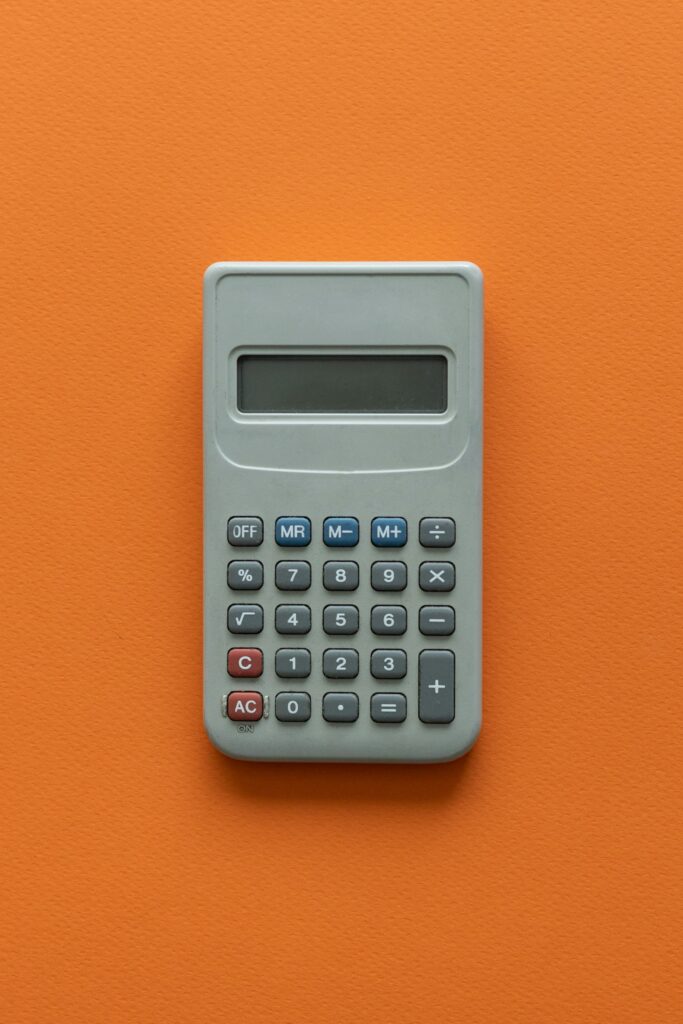6 Tips for Sticking to Your Debt Payoff Budget
In an era marked by economic fluctuations, rising inflation, and increasing household debt, many individuals and families are grappling with the weight of financial obligations. According to recent statistics, total U.S. household debt hit a staggering $17 trillion in 2023, which has led to more people seeking effective debt relief options. Sticking to a debt payoff budget can be a daunting task, especially when unexpected expenses arise or when you feel tempted by the latest consumer trends. However, with the right strategies in place, you can successfully navigate your way to financial freedom. Here are six tips to help you adhere to your debt payoff budget while considering whether consulting with a bankruptcy professional makes sense for your situation.
Love our content? Show your support by following us — pretty please!🥺
FOLLOW ON PINTEREST
Hi! I’m Kate, the face behind KateFi.com—a blog all about making life easier and more affordable.
1. Create a Realistic Budget
👉 Start Your Free Debt Relief Review
Not available in IL, KS, OR, TN, UT, WV.
The first step in maintaining a debt payoff budget is creating a realistic one. Start by listing all your monthly income sources and expenses, including fixed and variable costs. Your budget should reflect your true financial situation and provide a clear picture of what you can afford to allocate toward debt repayment.
Budgeting Checklist:
- Total monthly income (after taxes)
- List of monthly expenses (fixed and variable)
- Total monthly debt obligations
- Remaining funds for savings and debt payoff
Once you have an accurate budget, identify areas where you can cut back. Whether it’s reducing discretionary spending on dining out, subscriptions, or impulse purchases, small changes can make a significant difference.
✅ See If You Qualify for Debt Relief
2. Set Specific Goals
Lower Your Unsecured Debt
If you have $5,000+ in credit card or personal loan debt, a free consult can review options like settlement or hardship plans.
- One-on-one call to review your debts and goals
- See potential monthly payment reductions
- No obligation to enroll
Not available in IL, KS, OR, TN, UT, WV.
Goals serve as powerful motivators. Establish specific, measurable, attainable, relevant, and time-bound (SMART) goals for your debt repayment. For instance, aim to pay off a particular credit card by a specific date, or target a set monthly amount to allocate toward your debt.
Goal-Setting Script:
- I will pay off [specific debt] by [specific date].
- I will allocate [specific amount] each month toward my debt repayment.
By breaking down your overarching goal into smaller milestones, you will find it easier to maintain motivation and track your progress. Celebrating small victories along the way can provide an emotional boost that reinforces your commitment to your debt payoff budget.
3. Automate Payments
Understand pros/cons of settlement vs consolidation vs DMP for your exact mix of debts.
Not available in IL, KS, OR, TN, UT, WV.
Consistency is crucial in sticking to a debt payoff budget. Set up automatic payments for your debt obligations to avoid missed payments, which can lead to additional fees or even negatively impact your credit score. Many financial institutions allow you to automate payments from your bank account to creditors, ensuring you stay on track without having to think about it each month.
While automating payments helps ensure you never miss a due date, make sure to regularly review your accounts to confirm that the payments are being processed correctly. This simple strategy not only helps in maintaining your budget but also builds a positive payment history, which is beneficial for your credit score.
✅ See If You Qualify for Debt Relief
4. Monitor Your Progress Regularly
Keeping an eye on your progress is essential for maintaining accountability. Set aside time each month to review your budget and assess how well you’re sticking to your debt repayment plan.
Progress Monitoring Checklist:
- Compare actual spending to your budget
- Check remaining balances on debts
- Adjust budget categories as necessary
You might find that certain expenses fluctuate from month to month, and your initial budget may need adjustments. Being flexible with your budgeting approach allows you to adapt to your unique financial circumstances.
5. Consider Professional Guidance When Needed
If you find yourself overwhelmed by your debt or unable to make significant progress despite your best efforts, it may be time to consult with a financial professional. Bankruptcy consultants can provide tailored advice regarding your options, including whether bankruptcy might be a viable path for your financial situation.
When to Consider Bankruptcy Consultation:
- You are consistently missing payments and incurring late fees.
- Your debt-to-income ratio is significantly high.
- You have no realistic means of paying off your debts.
Consulting with a bankruptcy expert can shed light on your options and help you understand the potential impacts on your credit. In many cases, they can help you find alternatives that may lead to a more favorable financial outcome without having to resort to bankruptcy.
✅ See If You Qualify for Debt Relief
6. Build an Emergency Fund
One common pitfall in sticking to a debt payoff budget is the temptation to use credit for unexpected expenses. Building an emergency fund, even a small one, can provide you with a financial cushion that prevents you from accumulating additional debt.
Emergency Fund Checklist:
- Start small (aim for $500 or one month’s worth of expenses)
- Open a separate savings account for emergencies
- Contribute a small percentage of your monthly budget until you reach your goal
Having an emergency fund in place can significantly reduce financial stress and help you stay committed to your debt repayment plan.
Credit Impact and Document Preparation
It’s crucial to understand the potential impacts of your debt repayment strategies on your credit score. Timely payments and reductions in debt utilization can positively affect your credit. Conversely, missed payments can lead to collections and further financial difficulties.
To ensure a smoother consultation with a financial expert, gather the following documents:
- Credit report (check for accuracy and discrepancies)
- Current debt statements
- Recent pay stubs or income documentation
- Monthly expense statements
This documentation will help professionals assess your situation more efficiently, ensuring you receive the best advice tailored to your needs.
Important: This content is for education only—not legal, tax, or financial advice. Results and eligible programs vary by situation and state. Fees apply if you enroll and complete a program. Debt relief can affect credit; missed payments may lead to collections/lawsuits. Not available in IL, KS, OR, TN, UT, WV.
As you implement these tips for sticking to your debt payoff budget, remember that every step counts. Consistency, discipline, and a proactive approach will help you inch closer to your financial goals. If you’re feeling lost or overwhelmed, consider getting a free consultation to review your options. A professional can help guide you toward the most effective strategies tailored to your unique financial circumstances, making the path to debt freedom more achievable.

